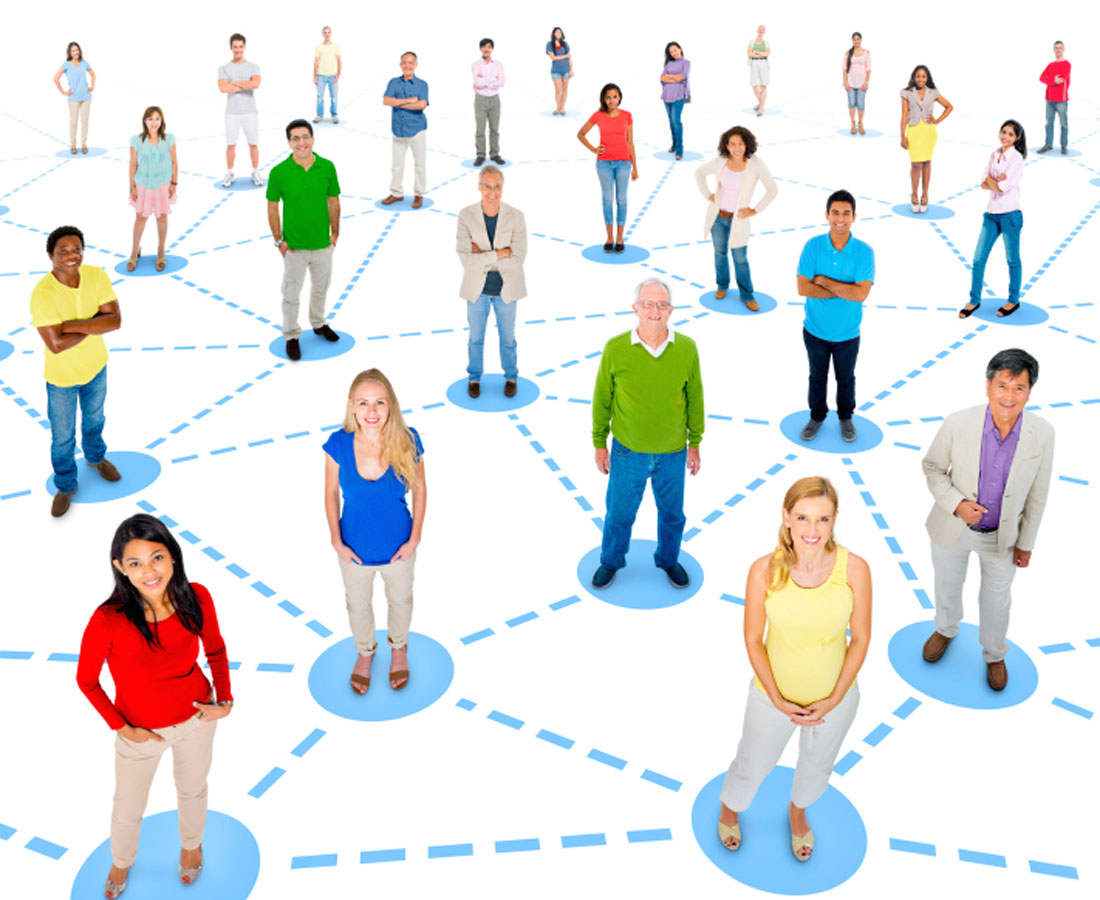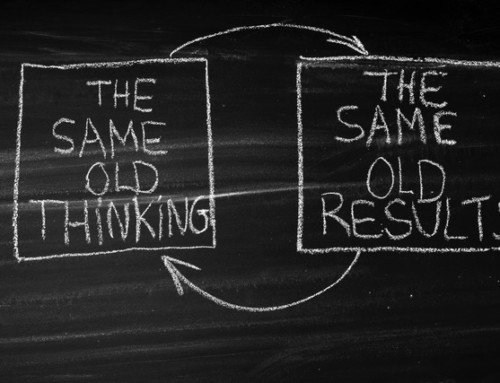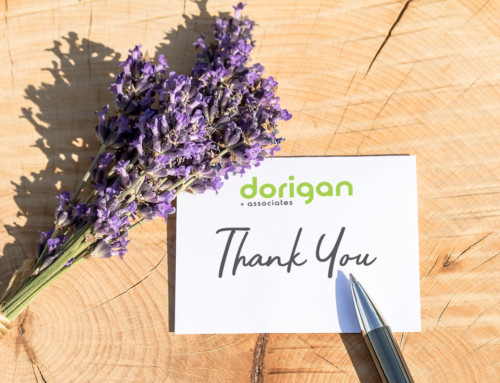“Networking is people looking for people looking for people.” Jarod Kintz
In today’s world, we increasingly network from a distance through email and our ever-expanding social media platforms. While this kind of “networking” has been a great equalizer for individuals and companies both large and small, there is NO substitute for being there in-person. There are an endless number of networking opportunities: professional meetings, conferences, receptions and parties, events and more. All of these opportunities can be found in your community, you just have to keep an eye out for them.
But why bother with networking?
Networking is the fastest and easiest method of building relationships and increasing the number of people that know you.
Plain and simple, you won’t be successful without it.
Relationships are the catalyst for success. Ultimately, it’s not about who you know–but who knows you that matters. People do business with, or even hire, those they know, like, and trust.
Like the answer to the age-old question, when is the best time to plant a tree? Twenty years before you need the shade. You need to network constantly and consistently before you need the relationship.
But how does one network effectively?
- Go with a purpose. Walking into a room full of strangers can be intimidating. The best confidence-booster is to go with a goal in mind. Before you set foot in the door, think about what you want to accomplish. Set a couple of targets such as: speak to three new people, or try to learn two new pieces of information or gossip.
- It is your responsibility to connect at events. If self-consciousness or shyness keeps you cowering on the sidelines, learn introvert-friendly networking strategies so you can make the most of your time. (More on that topic coming soon!)
- Get the lay of the land. Observe group formations before deciding whom to approach. Look for people who are most likely to respond positively to you, such as those standing alone or in groups of twos or threes that are open to new participants.
- Be aware of your own body language. If your arms are folded in front of your body and you’re looking at the floor, chances are no one is going to approach you. Leave your arms unfolded and maintain eye contact and you’ll send a welcoming message.
- Break the ice. You don’t have to say something profound. Breaking the ice can be something as simple as commenting on the venue, the program or the food, asking where they’re from or what brought them to the event. Asking open-ended questions such as, who, what, where, when or how will allow the conversation to continue to flow.
- Your handshake is important. Most meetings start with a handshake. Make sure yours is firm, not halfhearted and limp or bone-crushing hard. Maintain eye contact and smile as you greet your new potential contact.
- Follow up, follow up, follow up! You’ve used your precious time to attend an event. You’ve made several new contacts and collected business cards. What you do next will determine your true success as a networker…whether or not you’re remembered. Follow up with the individuals you met within two days of the meeting by sending a short email or handwritten note, stating where and when you met, some point of the conversation, that you look forward to staying in touch and your offer to be of help. For example (Click here).
“You can make more friends in two months by becoming interested in other people than you can in two years by trying to get other people interested in you.” Dale Carnegie
Personal networking is not dead; Dale Carnegie’s sage networking advice is just as relevant now as it was 100 years ago. Enjoy your networking. The effort you put into networking will return to you in multitudes.
Network: Whether You Want To or Not
Connie Dorigan, Founder and Director of Recruiting, sees the food processing industry as the link between good living and good people. She’s the west coast’s most experienced and trusted food processing recruiter. She also provides Executive and Career Coaching and lots of free job search tools. Once you’ve connected with Connie, you’ll always be connected.
© 2018 Connie Dorigan. All rights reserved.
This is a general interest article and does not constitute specific or legal advice.





